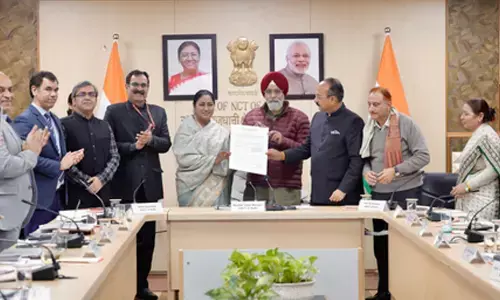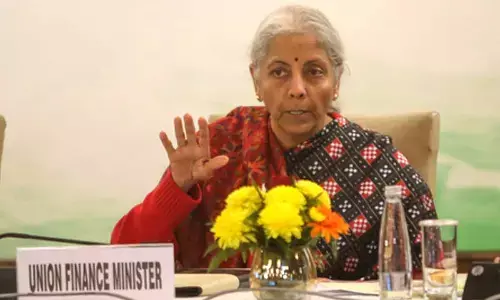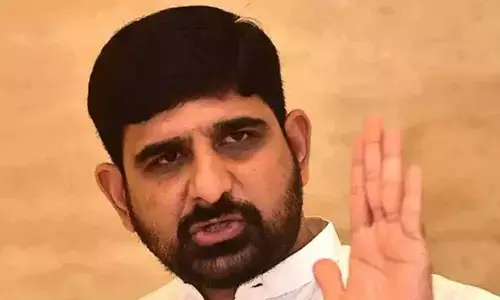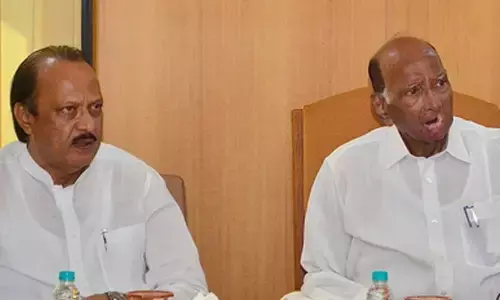Streamline varsity system in country
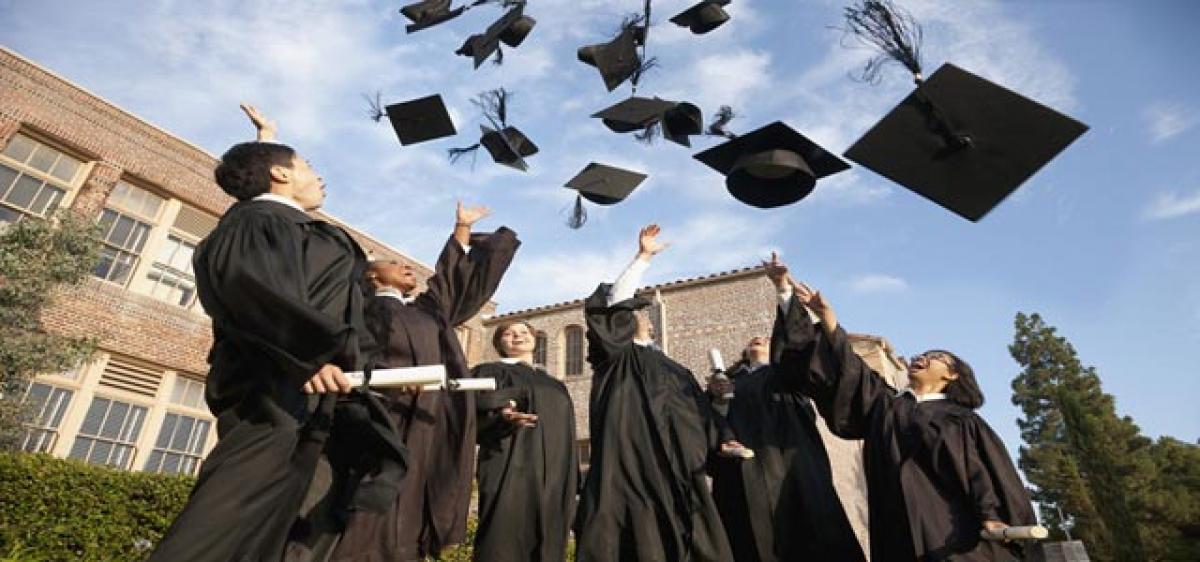
The recent decision of the Union government to assess 11 non-performing central universities, including Aligarh Muslim University, Allahabad University, Pondicherry University and Central University of Jammu is undoubtedly welcome. It is understood from the Human Resources Development Ministry that these institutions would undergo an academic and research audit to assess the reasons for their non-
The recent decision of the Union government to assess 11 non-performing central universities, including Aligarh Muslim University, Allahabad University, Pondicherry University and Central University of Jammu is undoubtedly welcome. It is understood from the Human Resources Development Ministry that these institutions would undergo an academic and research audit to assess the reasons for their non-performance.
Such an initiative should extend to other universities as well that are low in the ladder vis-a-vis poor performance as this would help in gearing up their academic orientation. As is well known, academic and research quality in the universities reflect the quality of education in the country. Moreover, if academic standards do not improve across the country, the people in general would be deprived from the benefits of quality education.
Though it has been decided that the audit would be undertaken by the University Grants Commission (UGC), it would have been better if an independent consulting firm was entrusted with this task. There is always a need to ensure an independent third party audit and this was highlighted many years back by the 2nd Administrative Reforms Commission, which was later accepted by the government.
This has not yet been judiciously followed by the government but the initiative in the education sector is a good start. Experts and even policy makers have repeatedly pointed out that the quality of education does not compare favourably with the other emerging economies of the Third World and needs to be improved.
An independent assessment in this regard would go a long way towards the goal of improving academic efficiency. But simultaneously, other steps need to be taken that include academic autonomy, healthy atmosphere free from political interference, availability of adequate funds etc. Also, the recruitment of teaching staff should be based purely on merit and their dedication towards teaching and research.
The problems confronting universities and colleges are well known. Political parties influence students to toe party line. There have been several incidents of campus violence in Delhi, Kolkata, Hyderabad and other places as students are urged to actively participate politics, which obviously means ignoring their studies.
Apart from this, cash strapped universities are unable to appoint the required number of faculty members for the increasing number of departments. The other big problem is the mushrooming of private profit making institutions offering various courses in different parts of the country. The high amounts charged by private medical colleges is very well known and this led the government to take away powers from the Medical Council of India as it was reportedly behind this.
Even the money charged by deemed universities as per rule – say in the realm of engineering education – is beyond the reach of even the lower income group and the low middle class. The products of this private education sector are not oriented to deriving creative satisfaction from their work. Correspondingly they do not derive any creative satisfaction from using the input, namely education that goes into producing the commodity – students. The private education sector converts education into a commodity and this needs to be checked.
In an oblique reference to the commodification of education, President, Pranab Mukherjee urged at a meeting in Kolkata, to upgrade standards of higher education and expressed disappointment with innovation and research where the right stress has not been given. Citing the examples of Amartya Sen, Hargovind Khorana and Venkatraman Ramakrishnan, Mukherjee was emphatic in telling policy makers to recognise that Indian scientists after them have not received international recognition – or Nobel Prize – and this needed to be seriously pondered.
As has repeatedly been reiterated, the most important point that needs to be stressed is the allocation of more resources to institutions of higher education by the government, specially of the States. Innovation and gearing up research in the education is a big challenge for the country for which active government support and involvement of educational administrators is a dire necessity. Bringing about any change is indeed a difficult task and, if there is political will, reforms can be initiated. To start with, the government has expressed an interest to reform the UGC.
By Dhurjati Mukherjee









